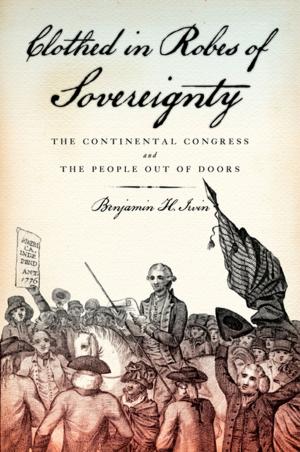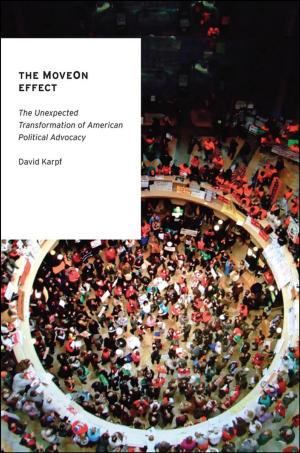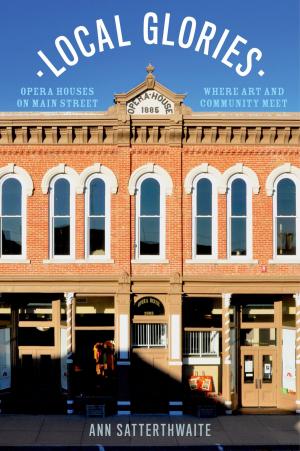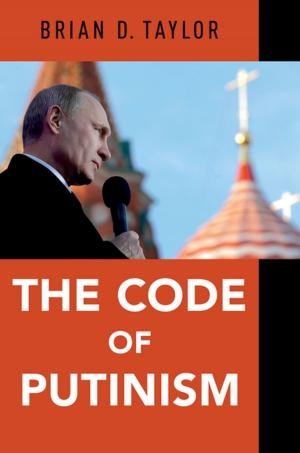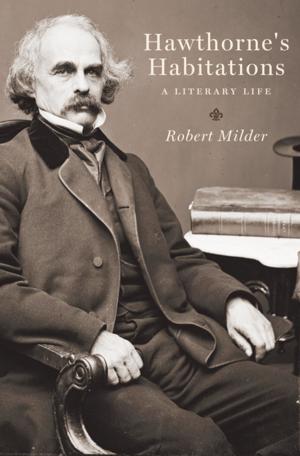No Establishment of Religion
America's Original Contribution to Religious Liberty
Nonfiction, Religion & Spirituality, Christianity, Church, Church & State| Author: | ISBN: | 9780199986019 | |
| Publisher: | Oxford University Press | Publication: | November 2, 2012 |
| Imprint: | Oxford University Press | Language: | English |
| Author: | |
| ISBN: | 9780199986019 |
| Publisher: | Oxford University Press |
| Publication: | November 2, 2012 |
| Imprint: | Oxford University Press |
| Language: | English |
The First Amendment guarantee that "Congress shall make no law respecting an establishment of religion" rejected the millennium-old Western policy of supporting one form of Christianity in each nation and subjugating all other faiths. The exact meaning and application of this American innovation, however, has always proved elusive. Individual states found it difficult to remove traditional laws that controlled religious doctrine, liturgy, and church life, and that discriminated against unpopular religions. They found it even harder to decide more subtle legal questions that continue to divide Americans today: Did the constitution prohibit governmental support for religion altogether, or just preferential support for some religions over others? Did it require that government remove Sabbath, blasphemy, and oath-taking laws, or could they now be justified on other grounds? Did it mean the removal of religious texts, symbols, and ceremonies from public documents and government lands, or could a democratic government represent these in ever more inclusive ways? These twelve essays stake out strong and sometimes competing positions on what "no establishment of religion" meant to the American founders and to subsequent generations of Americans, and what it might mean today.
The First Amendment guarantee that "Congress shall make no law respecting an establishment of religion" rejected the millennium-old Western policy of supporting one form of Christianity in each nation and subjugating all other faiths. The exact meaning and application of this American innovation, however, has always proved elusive. Individual states found it difficult to remove traditional laws that controlled religious doctrine, liturgy, and church life, and that discriminated against unpopular religions. They found it even harder to decide more subtle legal questions that continue to divide Americans today: Did the constitution prohibit governmental support for religion altogether, or just preferential support for some religions over others? Did it require that government remove Sabbath, blasphemy, and oath-taking laws, or could they now be justified on other grounds? Did it mean the removal of religious texts, symbols, and ceremonies from public documents and government lands, or could a democratic government represent these in ever more inclusive ways? These twelve essays stake out strong and sometimes competing positions on what "no establishment of religion" meant to the American founders and to subsequent generations of Americans, and what it might mean today.


